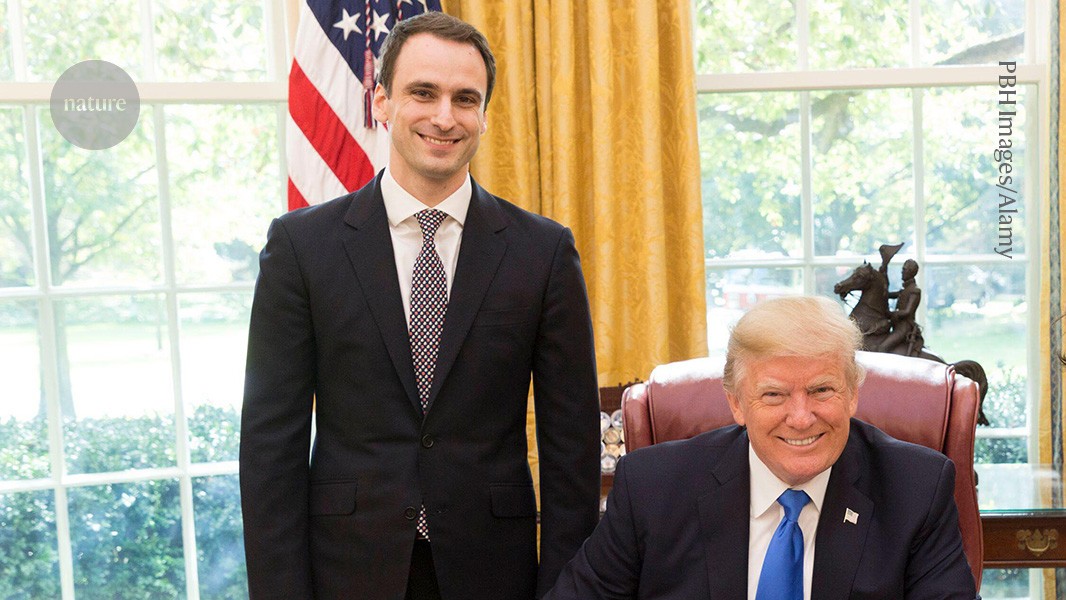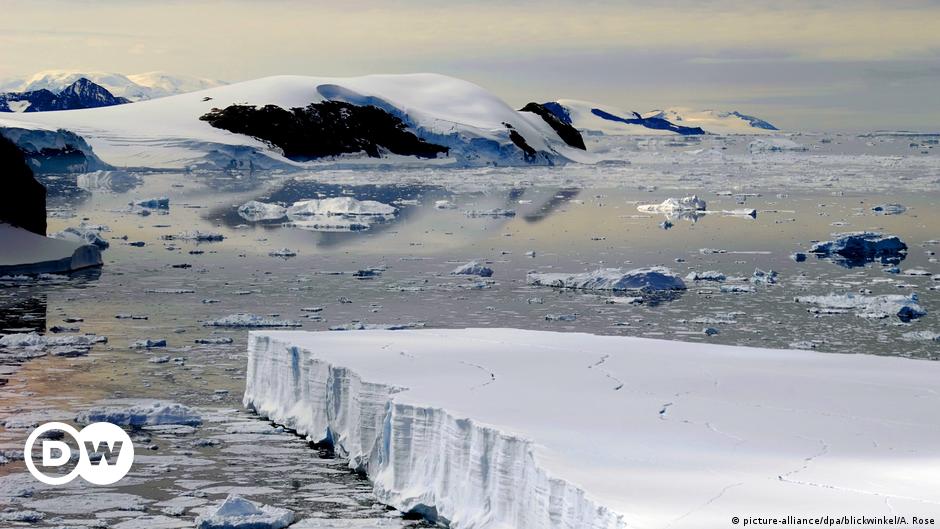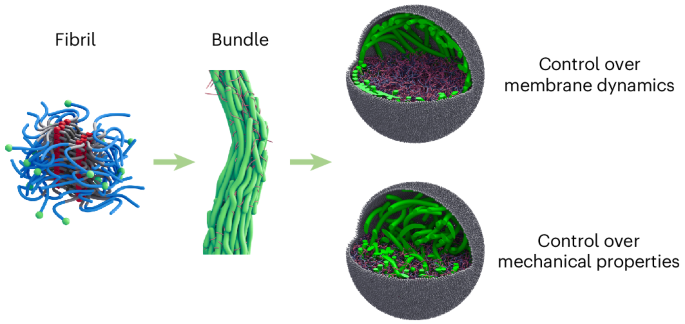
Trump’s science advisers: how they could influence his second presidency
You can also search for this author in PubMed Google Scholar
You can also search for this author in PubMed Google Scholar
Michael Kratsios (left) was chief technology officer during the first US presidency of Donald Trump (right). Credit: PBH Images/Alamy
For almost half of Donald Trump’s first US presidency, which ran from 2017 to 2021, he did not have an official science adviser. His second term is shaping up to be different.
As he prepares to take office for the second time on 20 January, Trump has already made nominations for three key science-advisory positions. Some observers are hopeful that this signals a greater interest in science and technology, but much uncertainty remains about how the advisers will shape US science.
If confirmed by the US Senate, Michael Kratsios, who served as chief technology officer during Trump’s first term, will lead the White House Office of Science and Technology Policy (OSTP), which coordinates science policy across the US government. He will also be the president’s science adviser. David Sacks, a tech investor, will be the new administration’s ‘AI and crypto czar’, as well as the chair of the President’s Council of Advisors on Science and Technology (PCAST), a body of research and industry specialists external to the White House. And roboticist Lynne Parker, who directed artificial intelligence (AI) efforts during the first Trump administration, has been tapped for a new role assisting both Kratsios and Sacks.



















